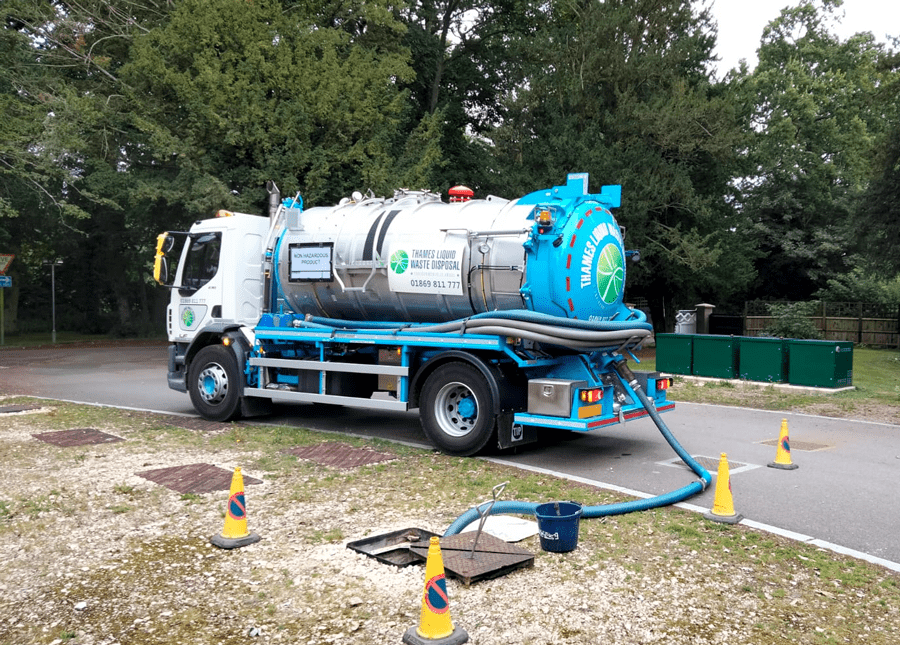Facts About Reclaim Waste Revealed
Reclaim Waste Can Be Fun For Anyone
Table of ContentsAbout Reclaim WasteMore About Reclaim WasteNot known Facts About Reclaim WasteSome Ideas on Reclaim Waste You Should KnowNot known Details About Reclaim Waste
Discover the types, occurrences, and forms of fluid waste. Residential sewage waste refers to the waste and items from a domestic septic container. This kind of waste is produced by human beings in houses, schools, and other structures. This only includes septic systems that have a drainpipe area. The proper monitoring and disposal of residential sewer waste call for liquid waste to be moved to a sewer treatment plant where the correct techniques and devices are used to purify and deal with waste.
Commercial waste frequently includes prospective hazards, such as combustible materials or a combination of liquid and solid waste items, and requires an advanced and thorough disposal process. The disposal of business waste usually entails the filtering of waste before transport to make sure safe and proper disposal. Industrial waste is developed from by-products and runoff of industrial processes and production.
This type of waste can not make use of the very same sewage administration transportation or processes as septic or industrial liquids. The hazardous waste administration procedure calls for the inspection and testing of liquid waste before it undergoes the disposal procedure (liquid waste disposal melbourne). Drainage waste is the liquid waste that originates from drainage and excess stormwater in highly inhabited locations or cities
Drainage waste can create contamination and flooding if not handled properly. Find out more about sewer cleaning and waste management. Ensuring correct waste monitoring can stop disasters and decrease environmental harm. Both people in household setups and experts in business or manufacturing sectors can gain from understanding the procedures and guidelines of fluid waste monitoring.
Reclaim Waste for Dummies
Contact PROS Solutions today to discover our waste administration and disposal services and the appropriate methods to care for the fluid waste you create.
(http://peterjackson.mee.nu/do_you_ever_have_a_dream#c2256)This supposed 'wastewater' is not only a vital source but, after therapy, will certainly be launched to our land, rivers or the ocean. Used water from commodes, showers, baths, cooking area sinks, laundries and commercial processes is recognized as wastewater.

water used to cool equipment or tidy plant and devices). Stormwater, a kind of wastewater, is runoff that streams from farming and urban areas such as roofing systems, parks, yards, roads, paths and rain gutters into stormwater drains, after rainfall. Stormwater streams neglected straight to local creeks or rivers, ultimately reaching the ocean.
Get This Report about Reclaim Waste
In Queensland, the majority of wastewater is dealt with at sewer therapy plants. Wastewater is delivered from residential or industrial sites through a system of drains and pump terminals, referred to as sewerage reticulation, to a sewer therapy plant. City governments build, preserve and operate most sewage treatment plants. Operators are licensed under the Environmental Security Act 1994 to discharge treated wastewater at an acceptable environmental standard into rivers.
The Continued Department of Natural Resources recommends city governments about handling, operating and preserving sewerage systems and treatment plants. In unsewered areas, city governments might require householders to install specific or house sewer treatment systems to treat residential wastewater from bathrooms, kitchens, shower rooms and washings. The Department of Natural Resources authorizes the usage of family systems when they are proven to be reliable.
Most stormwater obtains no treatment. In some new neighborhoods, therapy of some stormwater to eliminate clutter, sand and crushed rock has begun utilizing gross contaminant catches. Wastewater therapy happens in four phases: Eliminates solid matter. Bigger solids, such as plastics and other objects mistakenly released to sewage systems, are gotten rid of when wastewater is passed through screens.
Wastewater after that flows right into large containers where solids settle and are eliminated as sludge. Oil and scum are skimmed from the surface area. Uses small living microorganisms referred to as micro-organisms to break down and eliminate remaining dissolved wastes and great particles. Micro-organisms and wastes are incorporated in the sludge. Removes nitrogen and phosphorus nutrients that might create algal flowers in our waterways and intimidate marine life.
The Of Reclaim Waste
Nutrient elimination is not readily available at all sewer therapy plants since it needs costly specialised equipment. Clear fluid effluent created after treatment may still contain disease-causing micro-organisms - liquid waste removal melbourne.

This normally indicates wastewater needs to be treated or contaminants removed before it can be discharged to waterways. Many wastewater streams right into the sewerage system. Under the Act, regional governments carry out authorizations and licences for eco pertinent tasks (Ages) involving wastewater launches that may have a local impact. The division administers authorizations and licences to Periods including wastewater launches that may have a local or statewide effect.
The smart Trick of Reclaim Waste That Nobody is Discussing
Monitoring provides factual details about water top quality and can confirm that permit problems are being fulfilled. The details obtained via monitoring provides the basis for making water quality decisions.